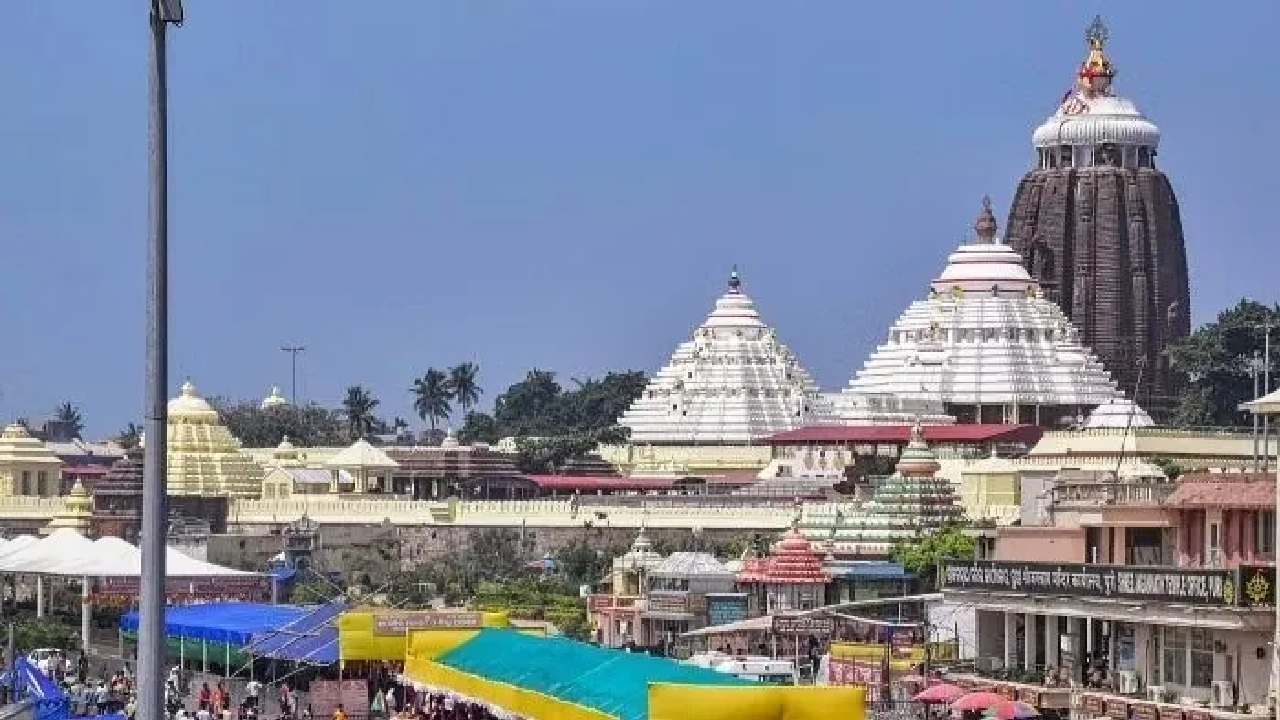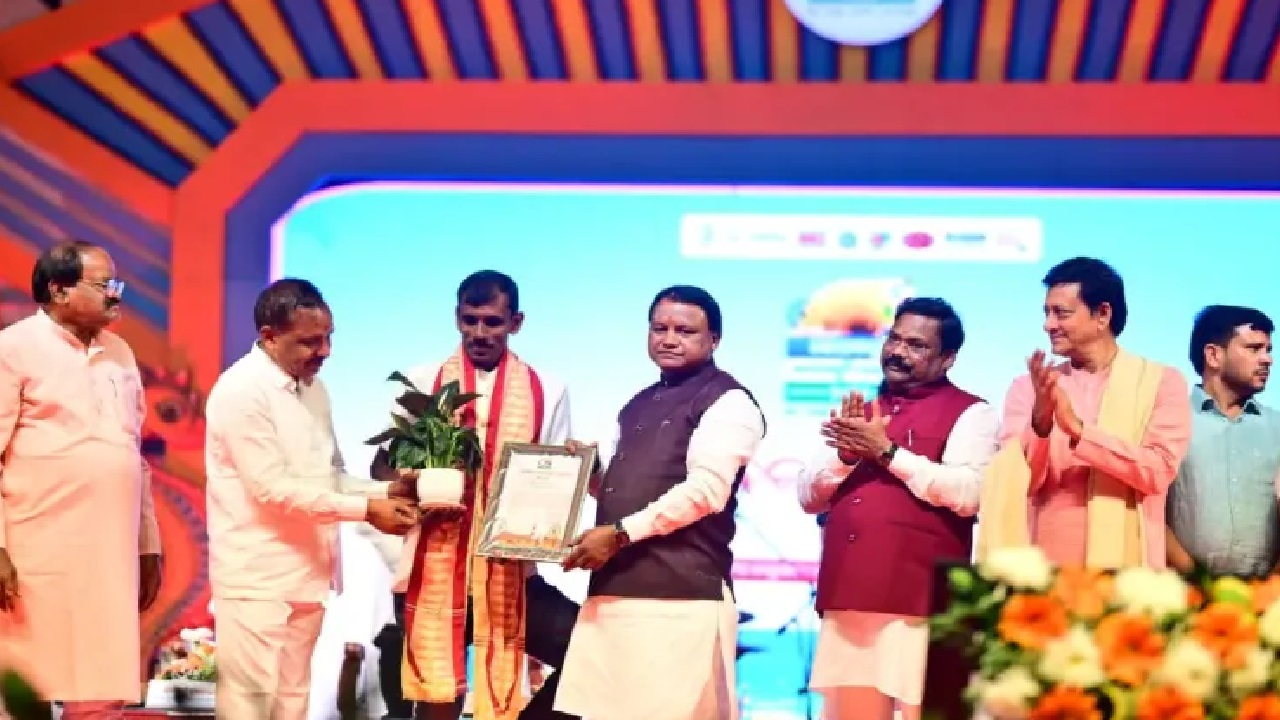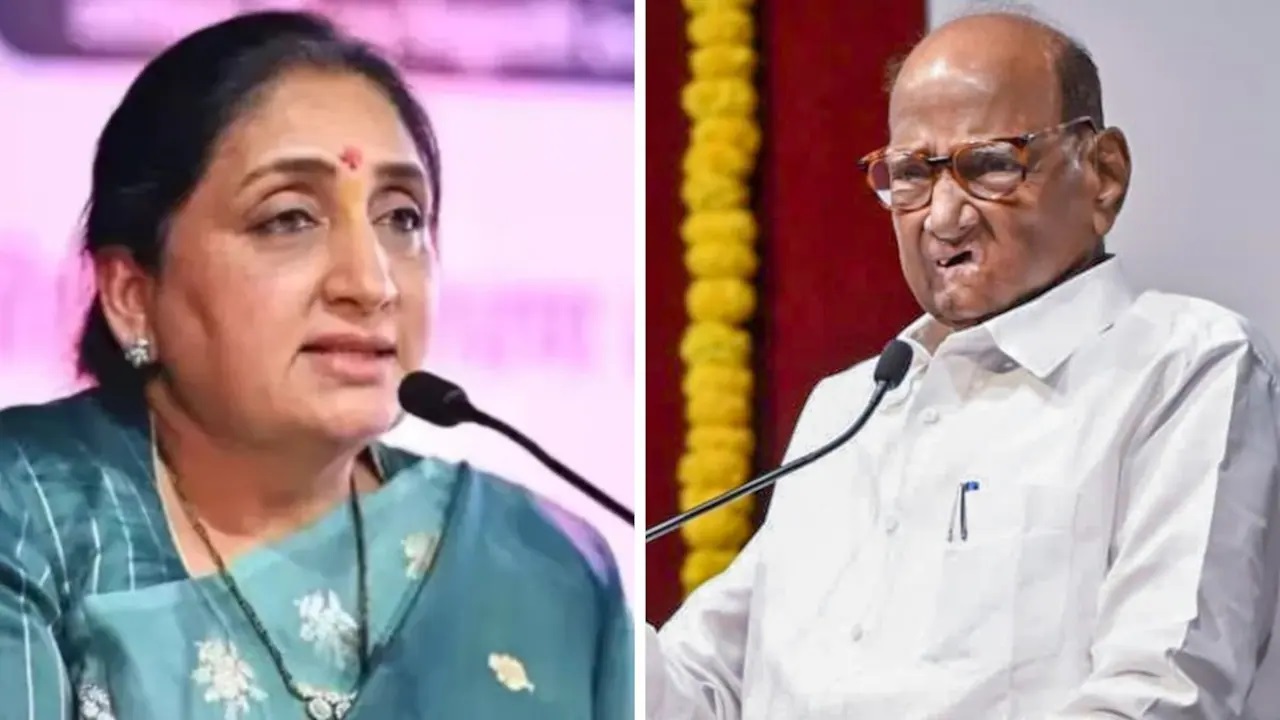In a significant development, the Odisha government has initiated a major overhaul of the Shree Jagannath Temple Managing Committee in Puri. This move aims to enhance transparency and ensure fair representation in the temple’s administration.
New Guidelines for Committee Formation
The Odisha Law Department has issued new guidelines for recommending and nominating members to the Shree Jagannath Temple Managing Committee. These guidelines are framed under Section 6 (1) (j) of the Shree Jagannath Temple Act, 1955. Traditionally, the Managing Committee comprises 18 members, including 7 individuals selected from sevayats (temple servants) and mutts (temple institutions).
The process for the new committee formation is set to begin as the term of the current panel expires in August. The committee, which is permanently chaired by Puri Gajapati Maharaja Dibyasingha Deb, plays a crucial role in the management of the temple’s affairs.
Selection Process and Rotation System
According to the new guidelines, the Chief Administrator of the temple has been instructed to recommend names of 10 potential members from various Nijogs, which are groups involved in the temple’s ‘seva puja’ (ritual services). Each Nijog is required to submit the names of at least two of its members for consideration. If the Chief Administrator faces difficulty in selecting names, a lottery system will be used as a tiebreaker.
The guidelines emphasize a rotation system to ensure fair representation among the Nijogs. To prevent bias, no individual from the same Nijog can be recommended concurrently, and no person can be appointed for two consecutive terms or more than two terms in total. This system is designed to provide diverse representation and prevent any single Nijog from monopolizing the committee.
Criteria for Selection
The guidelines outline specific criteria for selecting members. The Chief Administrator must prepare a list of 10 candidates based on their past conduct, dedication to ritual services, and their relationships with other servitors both within and outside their Nijog. This rigorous selection process aims to ensure that the committee comprises individuals who are committed to maintaining the temple’s traditions and managing its activities effectively.
Role of the Odisha Government
In addition to the internal nominations, the Odisha government will recommend two individuals who have distinguished themselves in social service for inclusion in the managing committee. This move underscores the government’s commitment to integrating socially responsible individuals into the temple’s administrative framework.
Impact and Future Steps
The new guidelines reflect a broader effort by the Odisha government to enhance transparency and accountability in the management of the Shree Jagannath Temple. By implementing a rotation system and strict selection criteria, the government aims to foster a more inclusive and representative administrative structure.
The current Managing Committee was last nominated on August 12, 2021. As the new committee formation process unfolds, stakeholders and devotees are hopeful that these changes will lead to improved management and more effective administration of the temple’s affairs.
The Chief Minister and other state officials are expected to oversee the implementation of these guidelines and ensure that the transition to the new committee is smooth. This overhaul represents a significant step in the ongoing efforts to modernize and enhance the management of one of Odisha’s most revered religious institutions.
(With inputs from agencies)








